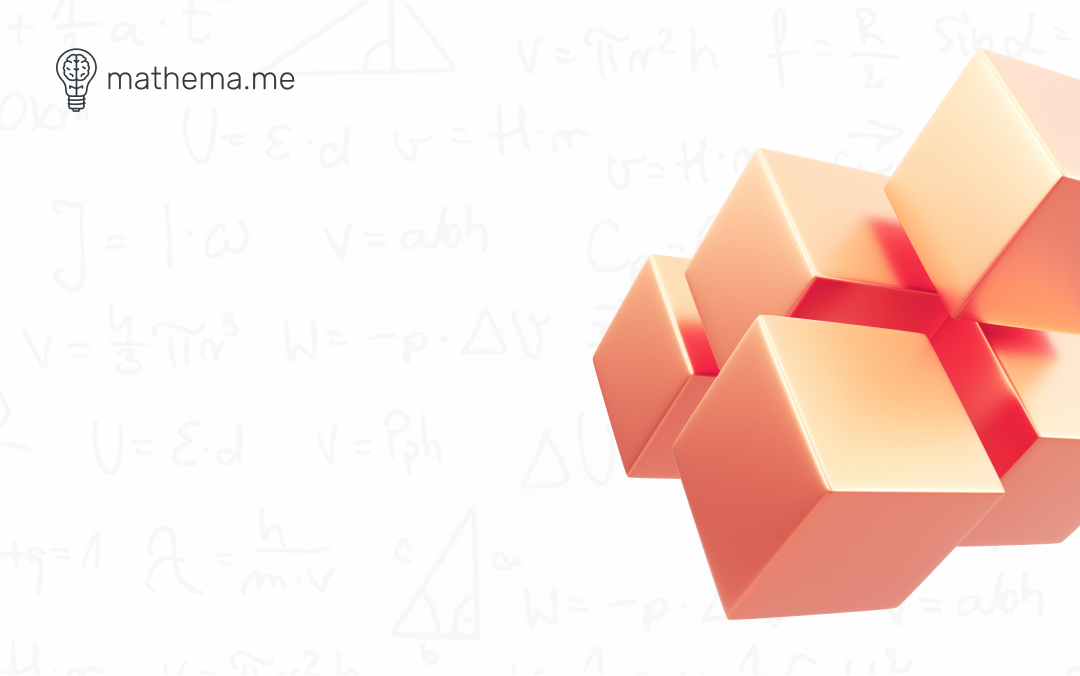- 1 What Exactly Are Math Brain Teasers?
- 2 Why Are Math Brain Teasers Important for Kids?
- 3 20 Cool Math Brain Teasers for Kids With Answers
- 3.1 Teaser 1:
- 3.2 Teaser 2:
- 3.3 Teaser 3:
- 3.4 Teaser 4:
- 3.5 Teaser 5:
- 3.6 Teaser 6:
- 3.7 Teaser 7:
- 3.8 Teaser 8:
- 3.9 Teaser 9:
- 3.10 Teaser 10:
- 3.11 Teaser 11:
- 3.12 Teaser 12:
- 3.13 Teaser 13:
- 3.14 Teaser 14:
- 3.15 Teaser 15:
- 3.16 Teaser 16:
- 3.17 Teaser 17:
- 3.18 Teaser 18:
- 3.19 Teaser 19:
- 3.20 Teaser 20:
- 4 Conclusion
- 5 FAQs
Fun math brain teasers for kids are a great way to build a love for mathematics in them. These amusing puzzles can build their analytical and thinking skill. This fun-to-read blog takes you through an in-depth tutorial on math brain teaser, and how it can improve the minds of kids.
Math brain teasers are essentially riddles or puzzles that require mathematical knowledge and logical thinking to solve. They can take many forms, from simple arithmetic problems to complex logical puzzles that involve shape manipulation or pattern recognition.
Math brain teasers are not just fun activities to keep kids engaged. They have a range of benefits that contribute to children’s overall development:
Boosts Cognitive Abilities
Math brain teasers require children to think critically, which enhances their cognitive abilities. They learn to evaluate different solutions, analyse patterns, and apply logic, significantly improving their thinking skills.
Encourages Creativity
Math brain teasers often have more than one method for finding the solution. This encourages kids to think creatively and discover new ways to approach and solve problems, fostering their creativity and innovation.
Enhances Problem-solving Skills
Working on math brain teasers improves problem-solving skills. Kids learn to break down complex problems into smaller, more manageable parts, enabling them to tackle challenging situations with ease.
Promotes Learning
Math brain teasers make learning fun. They help kids develop a positive attitude towards mathematics, making them more inclined to learn and explore the subject further.
Here are some fun and challenging math brain teasers with answers for kids that will put their problem-solving skills to the test. But encourage your kids to solve the puzzles on their own before checking the solutions.
Question: Complete the series: 2, 4, 8, 16, __?
Answer: 32 (The pattern is that each number is double the previous number)
Question: If you have three apples and you take away two, how many do you have?
Answer: You took two apples, but you still have them. So, you have two apples.
Question: What number should come next in this series? 1, 4, 9, 16, __
Answer: 25 (Each number is a perfect square: 1^2 = 1, 2^2 = 4, 3^2 = 9, 4^2 = 16, 5^2 = 25).
Question: I am an odd number. Take away one letter and I become even. What am I?
Answer: Seven (Take away the “s” and it becomes “even”).
Question: What comes once in a minute, twice in a moment, but never in a thousand years?
Answer: The letter “m”.
Question: What three positive numbers give the same answer when multiplied and added together?
Answer: 1, 2, and 3 (1 * 2 * 3 = 6 and 1 + 2 + 3 = 6)
Question: How can you add eight 8’s to get the number 1,000?
Answer: 888 + 88 + 8 + 8 + 8 = 1,000.
Question: I am an even number. If you subtract one from me, you get an odd number. What am I?
Answer: Any even number (e.g., 6 – 1 = 5, an odd number).
Question: How many sides does a circle have?
Answer: Two – an inside and an outside.
Question: If you have a bowl with six apples and you take away four, how many do you have?
Answer: You have taken four apples, but you still have them. So, you have four apples.
Question: What has to be broken before you can use it?
Answer: An egg.
Question: If you have 8 fingers on both hands, how many fingers do you have in total?
Answer: 10 (thumbs are not counted as fingers).
Question: If you have 6 pencils and you lose 2, how many do you have left?
Answer: You still have 6, because you didn’t lose them.
Question: If it takes six people nine hours to build a barn, how long would it take twelve people?
Answer: The same amount of time – nine hours.
Question: If you have 4 quarters, how much money do you have?
Answer: $1 (4 quarters = 1 dollar).
Question: What is half of 20, plus 20?
Answer: 30 (Half of 20 is 10, plus 20 equals 30).
Question: How many sides does a square have?
Answer: Four.
Question: What comes after 100?
Answer: 101.
Question: I have keys but no locks, I have space but no room, I allow you to enter but you can’t go outside. What am I?
Answer: A keyboard.
Question: What starts with ‘e’ and ends with ‘e’ but only has one letter in it?
Answer: An envelope.
These brain teasers offer a mix of math, logic, and lateral thinking challenges to keep kids engaged and entertained while exercising their minds.
Conclusion
Math teasers for kids build an awesome learning process that becomes a delight. Apart from the fact that they use these mental abilities and these problem-solving functions they also raise children’s interest in mathematics. Go and have a look at Mathema for more amusing yet instructive magic materials.
FAQs
- What is the best way to introduce math brain teasers to kids? Start with simple puzzles and gradually introduce more complex ones as they gain confidence. Make the process fun and rewarding.
- Can math brain teasers help improve kids’ performance in school? Yes, math brain teasers can improve problem-solving and critical thinking skills, which can enhance their academic performance.
- Where can I find more math brain teasers for my kids? There are many online resources, like Mathema, that offer a variety of math brain teasers for kids.
- My child finds math brain teasers difficult. What should I do? Encourage and help your child solve the puzzles. Start with simpler ones and gradually move to more complex teasers as their confidence grows.
- Are math brain teasers suitable for all age groups? Yes, math brain teasers come in various levels of complexity, making them suitable for kids of all ages.



